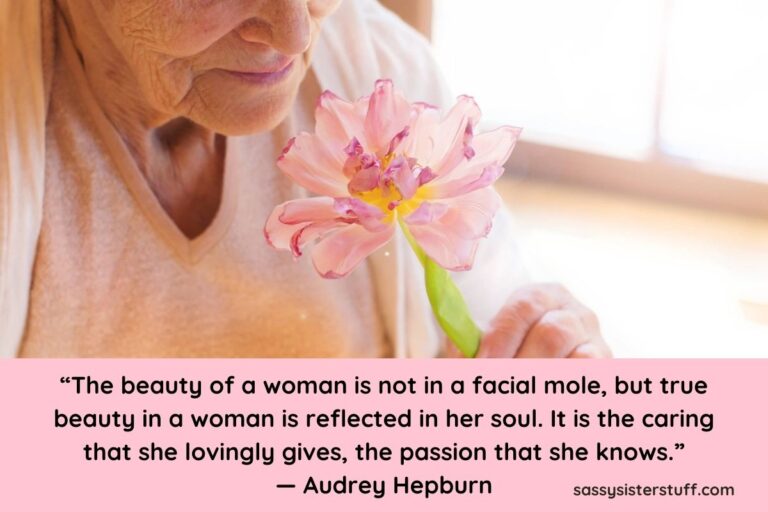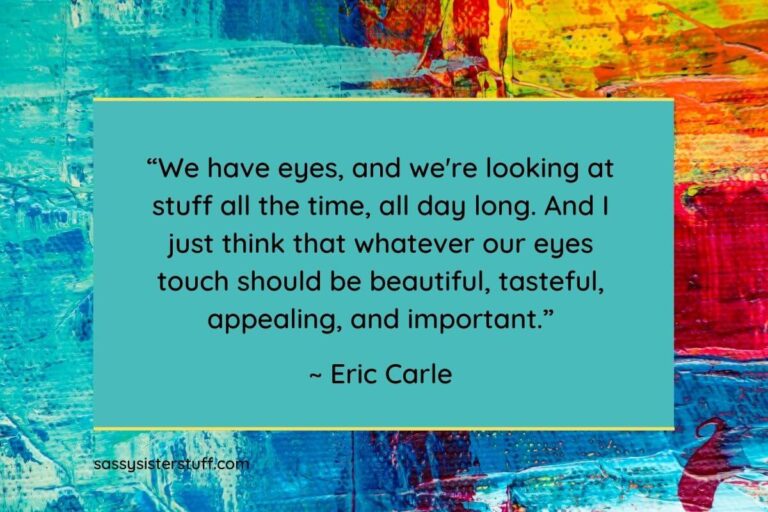3 Important Components of Occupational Wellness
Occupational wellness is one of 12 aspects of a balanced life, but many people don’t fully understand the concept of occupational skills and wellness. You probably think of it only as having to do with your employment or work.
But occupational wellness is more than just employment skills. Occupational skills actually overlap greatly with many of the other 12 aspects of a balanced life.
In this article, we will answer three questions: 1) What is Occupational Wellness? 2) Why Is Occupational Wellness Important? and 3) What Are Occupational Wellness Examples?

What is Occupational Wellness?
Occupational wellness is not a singular type of wellness. It overlaps with the other aspects of wellness for a balanced life. I think the best occupational wellness definition is:
Occupational wellness involves nurturing and using your individual gifts, skills, and talents in order to gain purpose, happiness, and enrichment in your life. It means successfully integrating your choice of work into a whole lifestyle that is satisfying, rewarding, and happy.
For the purpose of understanding occupational skills and wellness from a deeper perspective, let me share with you the 8 elements of occupational therapy that can be done with people who struggle with occupational skills. This might be people who have traumatic brain injuries, cognitive delays, emotional challenges, developmental delays, physical impairments, or other health impairments. Trained Occupational Therapists will develop a plan to help the patient improve their occupational skills in order to live a more fulfilling, independent, and happy lifestyle.
- Activities of Daily Living (ADLs) — basic self care tasks.
- Instrumental Activities of Daily Living (IADLs) — things you do to take care of your self and home that require most planning and thinking.
- Sleep and Rest — learning the importance of sleep hygiene and proper rest.
- Work — paid or unpaid.
- Education — formal, informal, higher education, vocational, etc.
- Play — activities you can do with others.
- Leisure — learning what to do during your down time.
- Social Participation — joining organizations and getting along well with others.
All of these areas of functioning are considered part of occupational wellness. You need to be able to plan and perform functional skills to build a successful life of work and leisure.
Why Is Occupational Wellness Important?
Occupational wellness is important because it means you are capable of reflecting on where you find joy in life and how you can make changes if you are not happy.
It means you are able to keep an open mind about making changes, looking for new opportunities that will enrich your life, and setting new goals.
Occupational wellness means you are able to find a healthy balance between work and home life that makes you happy.

It means you are able to apply your special skills, interests, and talents to a job that you enjoy and are able to get along with people in that environment because you are doing something that suits your personality and learning style.
Occupational wellness means you have chosen a career that gives you a feeling of purpose and productivity while also maintaining that feeling outside of work.
It is about creating personal growth, fulfillment, and satisfaction in your work and home life.
As you can see there are many reasons why occupational wellness is important and how it overlaps into the other aspects of a well-balanced life.
Pin to Pinterest for Later
Occupational Wellness Examples
Occupational skills are often associated with work and employment, but they also include skills such as cooking, cleaning, and fixing things around the house. Even driving a car, creating a grocery list and going shopping, and fixing your bike for a ride around your neighborhood are considered occupational skills.
Occupational activities and tasks include all the tasks that a person performs each day. Especially those tasks that are enjoyable, or those tasks that you are motivated to do to meet with success. For example, getting out of bed and getting ready for work, getting to work and performing your job responsibilities each day, coming home and cooking dinner.
These are very important aspects of life that help you stay self-sufficient and independent, as well as successful in your personal life and workplace. Occupational wellness is vital to living a balanced life but it’s an often overlooked aspect of a balanced life.
Let’s look at some examples of occupational wellness ideas so you can gain a deeper understanding of why this is important to a well-balanced life:
- Being capable of doing work that you find motivating and interesting.
- Cooking, cleaning, and managing tasks around your home.
- Planning and organizing social gatherings with friends.
- Understanding how to balance leisure activities and work.
- Having the ability to work and function in a way that fits your personal learning style.
- Communicating and collaborating effectively with others in relation to work and social skills.
- Having the ability to work effectively both independently and collaboratively with others.
- Feeling inspired and challenged to succeed in your work and daily life.
- Having basic skills to function effectively in life and pursue things that interest you.
- Recognizing the importance of satisfaction, enrichment, and meaning through your work and leisure activities.
- Using tools such as Occupational Health Consultancy Ltd. to look after your health as an employee in the work place.

Final Thoughts: Occupational Wellness
Occupational wellness can be a hard concept to wrap your brain around. Even as a Special Education Teacher and Administrator, there were times when I didn’t quite understand the goals of occupational therapy for children.
As I got older and learned more about occupational therapy for adults, I began to see the broader concept of occupational therapy and occupational wellness. It truly does overlap with many of the 12 aspects of a balanced life. And it is an essential component of a balanced, happy lifestyle.
For example, when you do a deep dive into occupational wellness, you realize it overlaps with friendships/social wellness, health/self care, intellectual wellness, spiritual wellness, career, and family life.
Now that you know the importance of occupational skills and wellness, I hope you will find time to reflect on it and work it into your plan for a balanced lifestyle. Not all 12 aspects of a balanced life need equal time and attention — this is one that can be an overarching aspect of wellness and balance — with the right mindset and attitude.
If you are looking for more inspiration, or a better understanding of this concept, you may enjoy this Quick Tips for Occupational Wellness pdf. It’s a simple 1-page document written from a positive perspective!
Until next time… keep looking for your balance!
Love to All! ~ Susan







